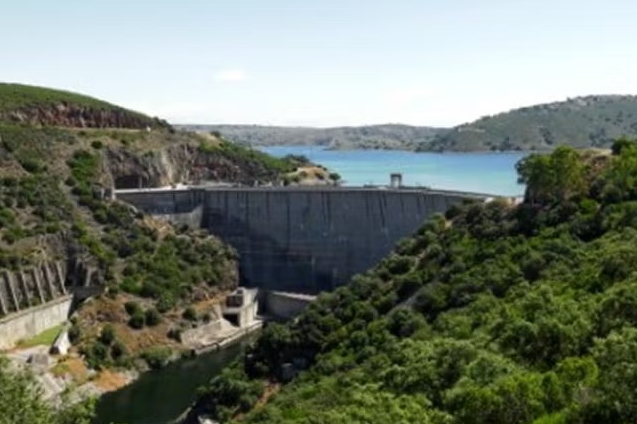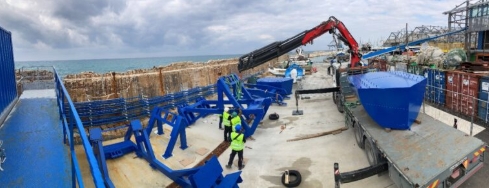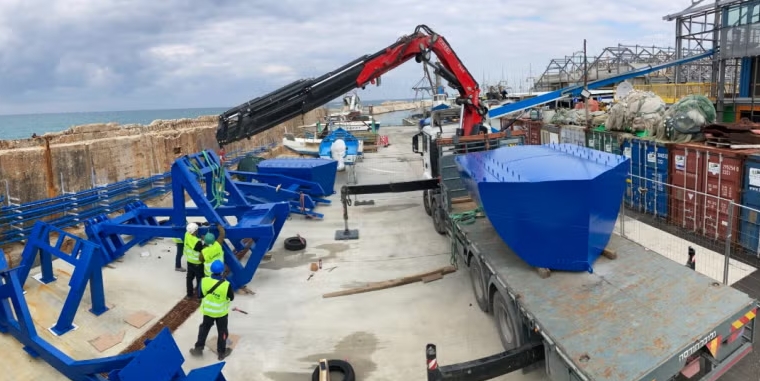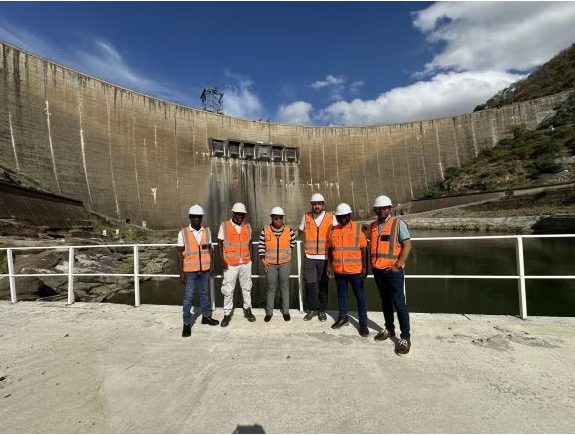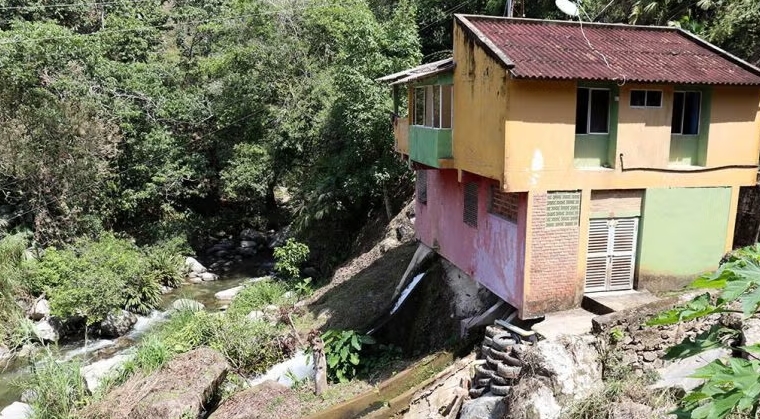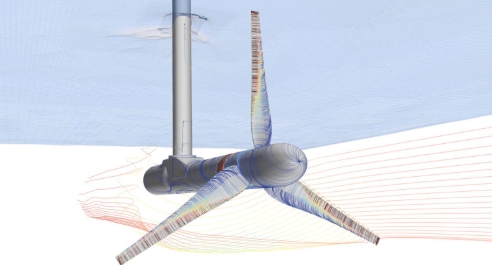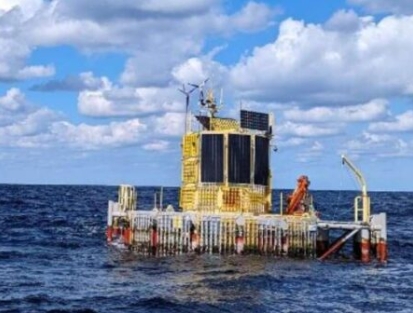Government could, within two years, lose more money than what it has invested in establishing Achwa hydropower station unless the construction of a power transmission line to evacuate the generated power is rushed.
This newspaper has established that government started to pay more than Shs10m per hour for deemed energy to Achwa River Energy Project (ARPE), the dam’s project owner, for energy being generated at the plant without use.
Deemed energy is the power that should have been dispatched but it is not as a result of a non-existent or weak grid.
The energy that could have been generated and sold to Uganda Electricity Transmission Company Limited (UETCL) calculated in accordance with the provisions of the agreement constitute “deemed energy”.
In October last year, the contractor dry-commissioned the plant (in the absence of a power evacuation medium) in the presence of UETCL, Electricity Regulatory Authority (ERA) and Ministry of Energy officials after it completed building it in September.
According to the project’s Power Purchase Agreement (PPA), commissioning the plant without a medium to evacuate the generated power qualifies government to pay money in deemed energy to the contractor (ARPE Ltd) until one is put in place.
In the agreement, government would pay deemed energy if the contractor is prevented from delivering energy to UETCL as a result of breach by UETCL pursuant to the agreement or a failure of government to fulfil its obligation of the implementation agreement.
The power projects
The 42 MW Achwa II hydropower facility is one in a cascade of five power stations set to be developed by the project owner, ARPE Ltd, along Achwa River in Angagura Sub-county, Pader District, boasting of an annual 281 GWh output.
Its construction is estimated at $78.8 million (about Shs290b), funded by loans from African Development Bank ($14.3m or Shs52b) and Delta ($64.4m or Shs236b).
The plant is expected to provide electricity to 35,000 Ugandans and reduce greenhouse gas emissions by more than 109 tonnes annually once it is operational.
A consultant engineer with ARPE, who spoke to this newspaper on condition of anonymity, confirmed that payment for deemed energy started by October 1, 2019.
“The generation plant is already running maximally with all the 42MW produced and the electricity power is idle here, although taxpayers are shouldering that loss since the contractor has to service their loans for building the plant,” the engineer said.
“To bring you to the range of money we are talking about, if the plant is generating 40MW right now, multiply that with the average rate of US cents 9.83 per kilowatt hour charge, that is about Shs13m per hour,” he added.
Under the agreement, UETCL would buy the generated power at the dam from ARPE Ltd for 40 years with a payment schedule of 9.83 US cents per Kilowatt hour in the first year.
The energy charge will later increase to 10.16 US cents/kwh in the second year and 9.97 US cents/Kwh in the third to 15th year.
Because the plant is scheduled to run at full capacity, the implication is that government shall continue to pay for deemed energy for the remaining 30MW until UETCL builds a transmission line to evacuate it.
“The UEDCL line will only take 12MW, meaning the 30MW unused will keep costing government averagely 10 cents/kwh until a line that can evacuate all that power is built,” he said.
Although ARPE Ltd officials earlier admitted that they were receiving the payment and promised to share details with this newspaper, the company’s environmental and social governance manager, Mr Felix Tukairhwa, said on Monday that he was not ready to share the details since the company was undergoing several challenges.
Government response
Although the Electricity Regulatory Authority (ERA), in a statement, confirmed that the plant was commissioned and ARPE Ltd was being paid for idle power, Mr Robert Kasande, the Ministry of Energy permanent secretary, disputed the claim, saying the plant was yet to be commissioned.
“That is not true, the plant has not yet been commissioned to officially begin supplying power for consumption. You can only pay for deemed energy when the plant is commissioned,” Mr Kasande said.
